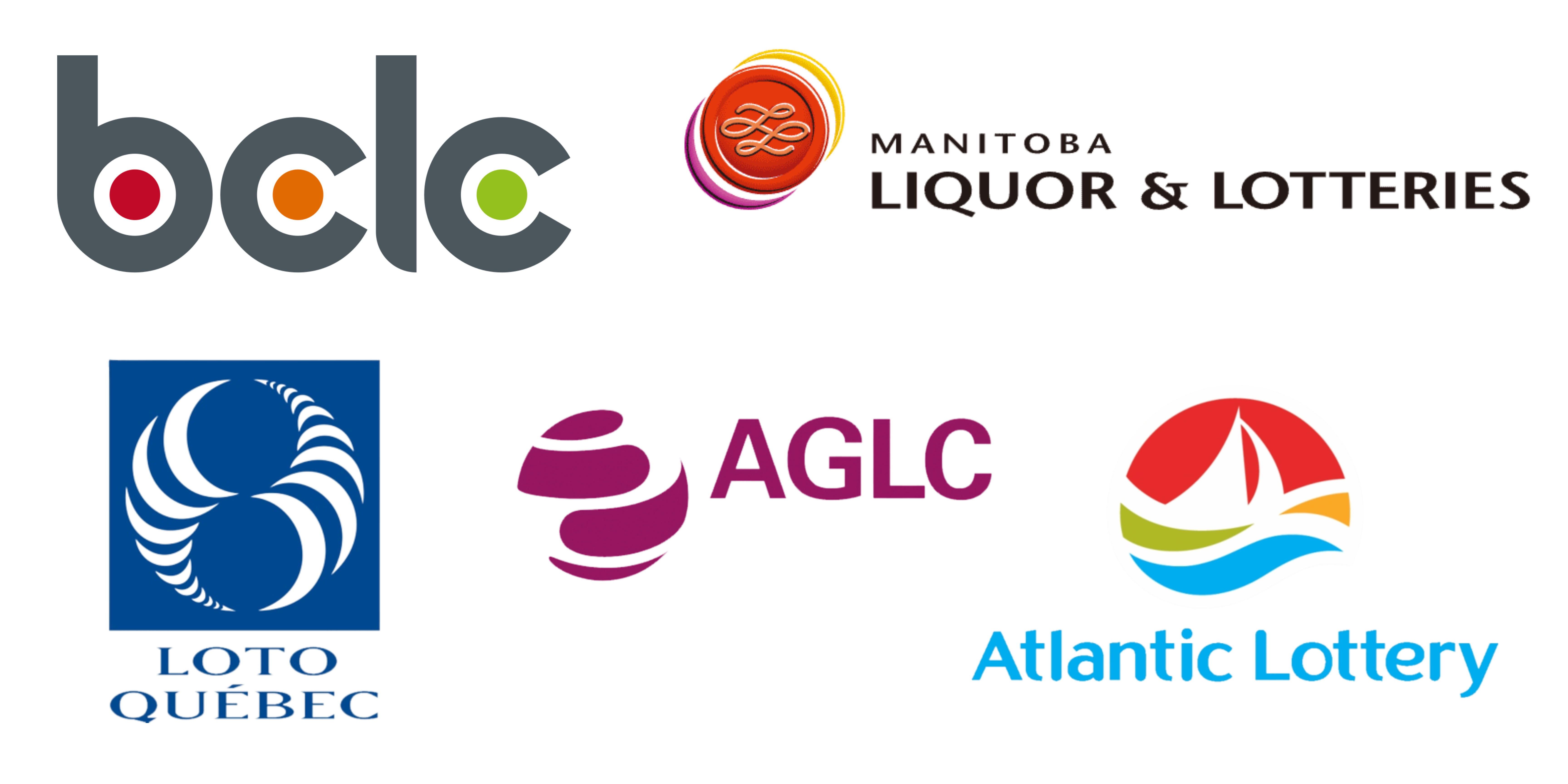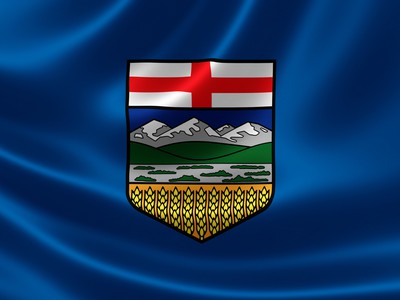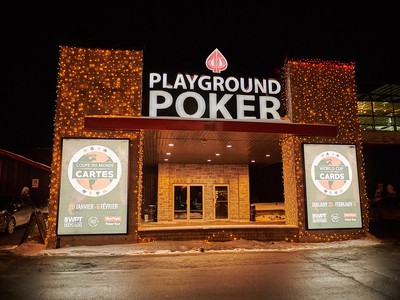Five provincial gaming corporations in Canada have formed a new coalition tasked with lobbying the federal government in Ottawa to crack down on illegal offshore betting sites, as well as misleading and intrusive advertising.
Last week, gaming corporations that collectively cover eight provinces — Alberta, British Columbia, Manitoba, New Brunswick, Newfoundland and Labrador, Nova Scotia, Prince Edward Island (PEI), and Quebec — agreed to form the Coalition of Provincial Lottery Corporations (CPLC).
CPLC’s initial members are:
- Alberta Gaming, Liquor and Cannabis (AGLC)
- Atlantic Lottery Corporation (ALC)
- British Columbia Lottery Corporation (BCLC)
- Manitoba Liquor and Lotteries Corporation (MBLL)
- Loto-Québec
Conspicuously absent is the Ontario Lottery and Gaming Corporation (OLG), which is responsible for various forms of gaming in the province — including commercial and tribal casinos, gambling events through charities, slot machines at horse racetracks, and lotteries. It was unclear whether the coalition had asked OLG to join, if the Ontario regulator had declined, or if OLG would join the group at a later time. Representatives for OLG and CPLC did not return messages seeking comment.
Coalition Wants Ottawa to Block Illegal Offshore Gambling Sites
This is a significant amount of money that…continues to be taken away from helping our communities.
In a statement, CPLC said that in the eight provinces where their members operate, offshore operators use all forms of media to promote illegal gambling websites, often by advertising mirror “free-to-play” websites. The promotions are especially commonplace during popular live sports events, the coalition said.
“These advertisements broadcast nationally and blur the line between provincially regulated gaming sites on the one hand, and illegal operators on the other.”
Patrick Daigle — CEO of ALC, which covers New Brunswick, Newfoundland and Labrador, Nova Scotia, and PEI — added that research shows the majority of players don’t know whether an online gambling site is legal in their province or not. That’s a big problem, since provincial governments lose potential tax revenue.
“This is a significant amount of money that could be staying right here in our region to fund public services, but instead continues to be taken away from helping our communities to the sole benefit of illegal operators,” Daigle said.
MBLL President and CEO Manny Atwal concurred. “The members of our coalition return their profits back to the province in which they operate,” he said. “These profits help fund important services like healthcare, education, and community programs. Illegal gambling websites advertise to Canadian players but often operate outside of Canada, taking the profits with them.”
An increase in the number and frequency of advertisements for illegal sites spurred the five provincial gaming corporations to act, CPLC said. It plans to raise public awareness about the prevalence of illegal sites and to advise media platforms that they must comply with existing laws and regulations by refusing to accept such advertising.
CPLC said it also plans to encourage Ottawa to block offshore operators from markets where the new coalition operates.
Canadian Online Gambling Market Expected to Grow to $6.2 Billion
Illegal operators see the Canadian landscape on a whole as ripe for the taking.
The coalition cited research conducted by H2 Gambling Capital, a UK-based gambling analytics firm, that found Canada’s online gambling market was valued at $3.8 billion in 2022 and is expected to grow to $6.2 billion by 2026.
“Illegal operators see the Canadian landscape on a whole as ripe for the taking,” said Kandice Machado, CEO of AGLC. “They are using misleading advertising to dominate the market, offering countless opportunities for Canadians to — often unknowingly — engage in illegal betting.”
Although Ontario is not a member of the coalition, it has enacted strict regulations governing advertising and inducements. Since Ontario’s regulated market for online poker, casino gaming, and sports betting went live on April 4, three operators — BetMGM Ontario, DraftKings, and PointsBet Canada — have run afoul of those regulations.





